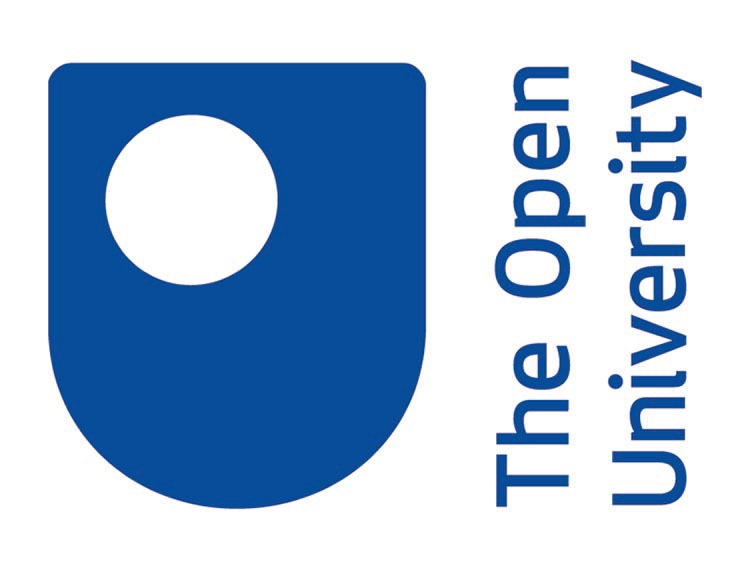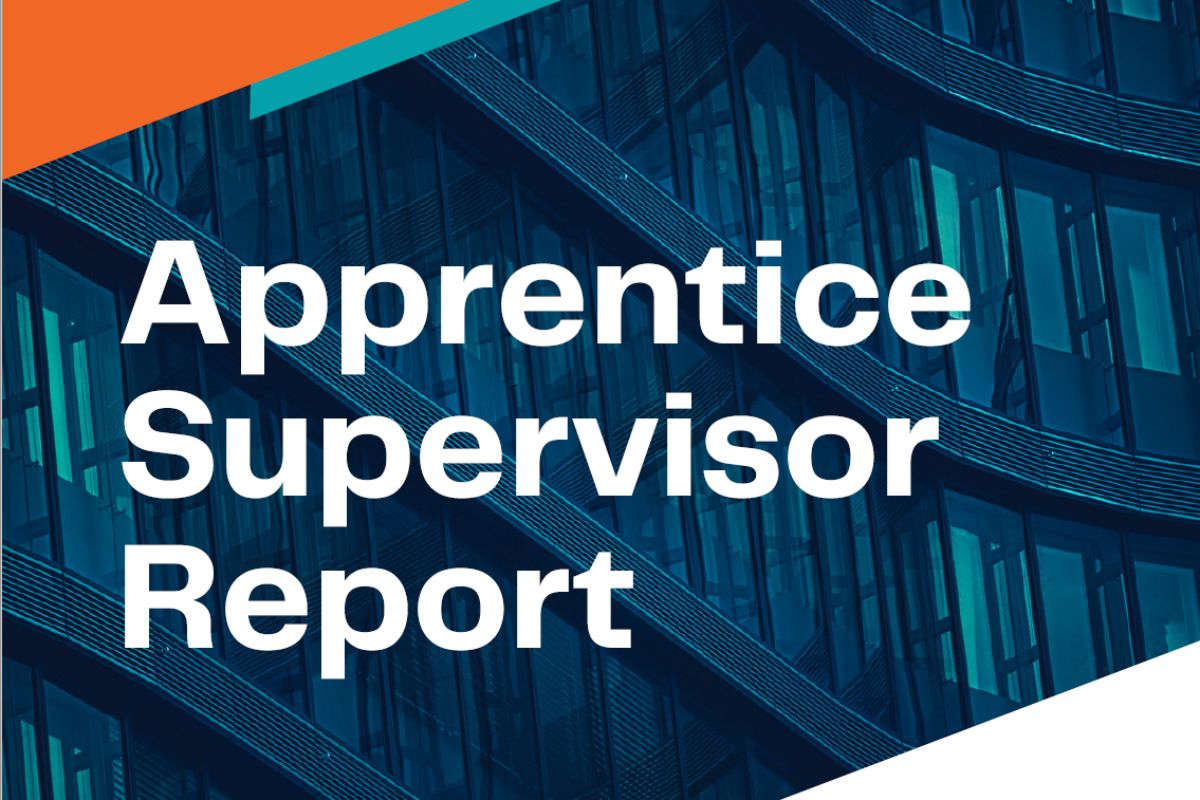Half (54%) of business-decision makers at levy-paying organisations say they are already making use of the apprenticeship levy, but there’s still a long way to go to make sure all organisations in England are using the funding effectively, according to new research from The Open University.
Of those not already using their ‘levy pot’, three in 10 (29%) say they already have concrete plans for the funding, but it seems that one in five (18%) are at risk of missing out on higher level training, as they have no current plans to make use of the apprenticeship levy..
The Apprenticeship Levy, introduced to increase investment in training, was launched in April this year costing 0.5 per cent of an organisation’s wage bill (if it totals £3 million a year or more) – and has been met with mixed reactions from employers, with three in 10 (28%) saying they were not fully informed about the levy.
Now, three months on, The Open University’s research shows that some of the initial uncertainty remains. One in five (18%) of employers say they don’t know how the apprenticeship levy works and 2 per cent say they don’t know anything about the Levy at all.
However, with so many (80%) senior managers saying they have good knowledge of how the levy works, the potential benefits are already becoming clear. More than four in five (85%) believe it will have a positive result on their organisation, with even more (87%) confident that the levy will benefit UK productivity, and the economy as a whole.
Mirroring an industry-wide focus on better training (a key tenet of the UK Government’s Industrial Strategy), many organisations in England are looking to use the levy to boost the skills of their workforce. More than two thirds (68%) of employers report they have increased the number of higher apprentices in their organisation and half (53%) have increased the number of degree apprentices, which will help to produce the higher-level skills needed to plug the UK skills gap.
Nearly six in 10 (58%) senior managers say their organisation will use funding from the levy to offer training to existing employees, with a focus on areas where skills are lacking – management and IT2. Many are using the apprenticeship levy to build these skills within their organisation, instead of paying to bring them in from elsewhere, with more than six in 10 (63%) employers planning to divert some of the funds to bettering employees’ management skills (65%) or boosting digital skills in their organisation (70%).
Senior managers can see both the benefits to their organisation, and their employees, with 90 per cent believing the levy presents an opportunity for workers to reach their full potential. With potential gains for all, around two thirds (68%) of business decision makers are feeling more positive about the apprenticeship levy now than three months ago.
 Steve Hill, External Engagement Director at TheOpen University, says:
Steve Hill, External Engagement Director at TheOpen University, says: “With 0.5 per cent of many organisations’ wage bills going into a levy pot to pay for work-based training, the pressure is on for employers to see the benefits, and use the funds appropriately. But this research paints a positive picture for businesses, where organisations are already seeing the apprenticeship levy not as a tax, but as an investment.
“Understanding that improving skills and productivity can boost the bottom line is crucial to the success of the apprenticeship levy. Better training leads to more motivated and better skilled employees – who are engaged with and loyal to an organisation. By investing in training and development, the return on investment of the levy will be seen in more productive and efficient staff.”
The survey considers employers with more than 50 members of staff. Data from a House of Commons briefing paper says that businesses with more than 50 employees have an average turnover of more than £16million a year. This group is likely to pay out over £3million in wages, and are therefore liable to pay the apprenticeship levy.
Recent research from The Open University’s Business Barometer revealed that 43 per cent of employers are struggling to find workers with adequate management skills, and 47 per cent are struggling to find staff with IT skills.
Research methodology: The Open University commissioned Atomik Research to conduct a survey of 200 senior managers in the UK to mark the three-month anniversary of the introduction of the apprenticeship levy. Of the 200 senior managers surveyed, 100 worked for large enterprises and 100 worked for small and medium enterprises. Research was conducted 22-26 June 2017.
About The Open University: The Open University (OU) is the largest academic institution in the UK and a world leader in supported, flexible distance learning. Since it began in 1969, the OU has worked with over 2,400 organisations, taught more than 2 million students and has more than 170,000 current students, including more than 7,000 overseas.
76% of students are in full-time or part-time employment, and 88% of FTSE 100 companies have sponsored staff to take OU courses.
In the latest assessment exercise for university research (Research Excellence Framework, 2014), nearly three quarters (72%) of The Open University’s research was assessed as 4 or 3 star – the highest ratings available – and awarded to research that is world-leading or internationally excellent. The Open University is unique among UK universities having both an access mission and demonstrating research excellence.
Regarded as Britain’s major distance learning institution, the OU is a world leader in developing technology to increase access to education on a global scale. Its vast ‘open content portfolio’ includes free study units on OpenLearn, which received 5.9million unique visitors in 2015/16, and materials on iTunes U, which has recorded more than 70 million downloads.

 Steve Hill, External Engagement Director at TheOpen University, says: “With 0.5 per cent of many organisations’ wage bills going into a levy pot to pay for work-based training, the pressure is on for employers to see the benefits, and use the funds appropriately. But this research paints a positive picture for businesses, where organisations are already seeing the apprenticeship levy not as a tax, but as an investment.
Steve Hill, External Engagement Director at TheOpen University, says: “With 0.5 per cent of many organisations’ wage bills going into a levy pot to pay for work-based training, the pressure is on for employers to see the benefits, and use the funds appropriately. But this research paints a positive picture for businesses, where organisations are already seeing the apprenticeship levy not as a tax, but as an investment.










Responses